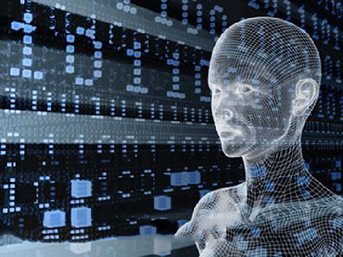Cybercrime, Digital Forensics and Jurisdiction

Well researched, hard-hitting, and visionary in application, Cybercrime,
Digital Forensics and Jurisdiction is an essential reading for anyone
involved with understanding and preventing cybercrime—business entities, private
citizens, and government agencies. Because cyberspace is easily accessible, geographically
unbounded, and largely unregulated it is an ideal vehicle for communication
and business. Unfortunately, these same qualities also make cyberspace
extremely vulnerable to a variety of untoward activities, to include a wide range of
criminal activity.
Ranging from malicious to felonious, cybercrime costs billions of
dollars and can have serious consequences such as disrupting critical operations,
causing loss of revenue and intellectual property, or loss of life. The authors of the
book are world renowned subject-matter experts in cyber security issues, having
taught, lectured, and written in this area across the globe for over 10 years.
Drawing
on scrupulous research in the field, the authors cover the full range of issues
associated with cybercrime to include definitions, history, public policy, legal
remedies, and civil liberty concerns. The authors have also placed all of these
factors into an international framework, exploring the varied approaches from
governments across the world. Covering in detail a variety of criminal activities
conducted in cyberspace, the thrust of Cybercrime is firmly rooted in the law
demonstrating that a viable strategy to confront cybercrime must be international in
scope.
Preface
In the opinion of some commentators, crime has always been with us and computers
are simply another tool criminals use to commit their offences. Accordingly,
in one of the first books to place computers and law in the proper context, Colin
Tapper asks the rhetorical question why there is “any more need for a book on the
law of computers than there is for on the law of typewriters or tuning forks” (van
der Merwe 2008, p. 61).
Tapper’s answer boils down to the fact that computers were playing an
increasingly important role in the community, that they were qualitatively different
from anything else that had come before, and that traditional legal principles were
inadequate to deal with the legal problems caused by computers (Ibid). Well into
the twenty–first century these arguments seem more valid than ever. Not only has
“the computer” been expanded into a wide-ranging and dynamic new concept
called “information and telecommunications technology” (ICT), but the law is still
desperately trying to keep up with this rapidly moving target (Ibid).
In the field of fraud by computer manipulation, many criminal law systems “de
lege lata” face considerable difficulties in applying their traditional criminal provisions
(Sieber 1998, Online). The statutory definitions of theft, larceny, and
embezzlement in many legal systems are not applicable if the perpetrator appropriates
deposit money; in many countries these provisions also cause difficulties as
far as manipulations of cash dispensers are concerned (Ibid). The statutory definitions
of fraud in many legal systems demand that a person be deceived. They
cannot be used when a computer is “cheated” (Ibid).
Comments close